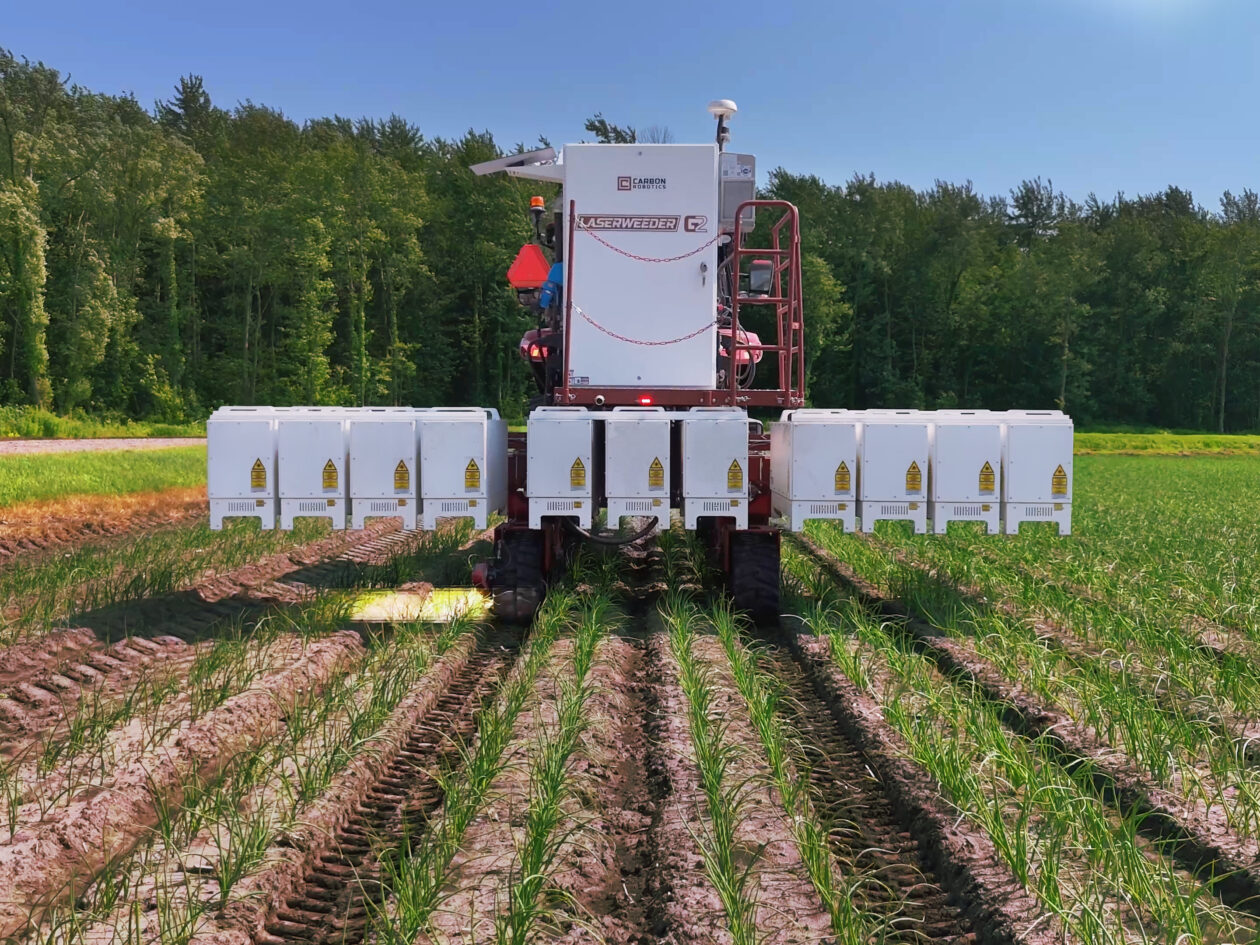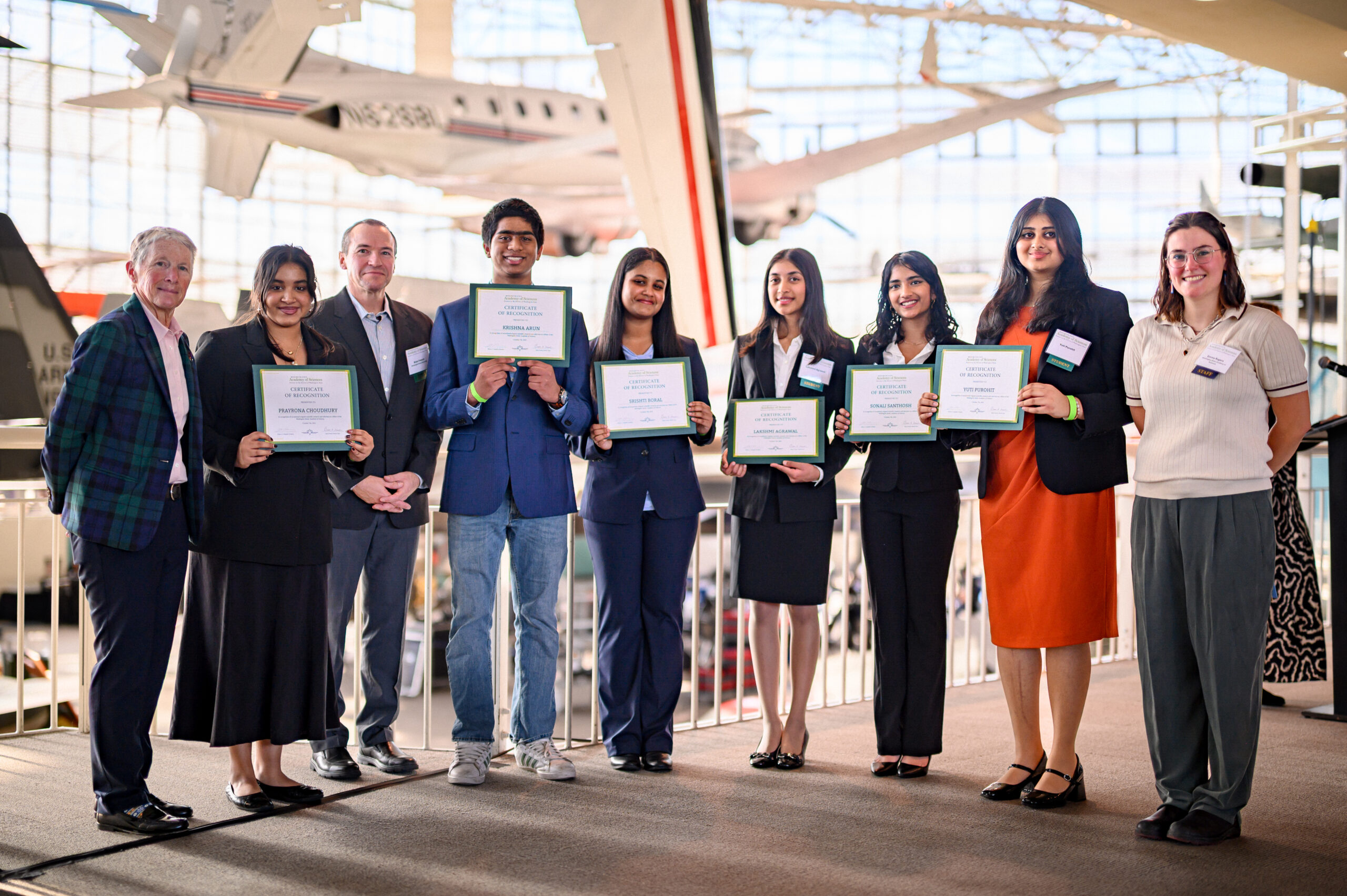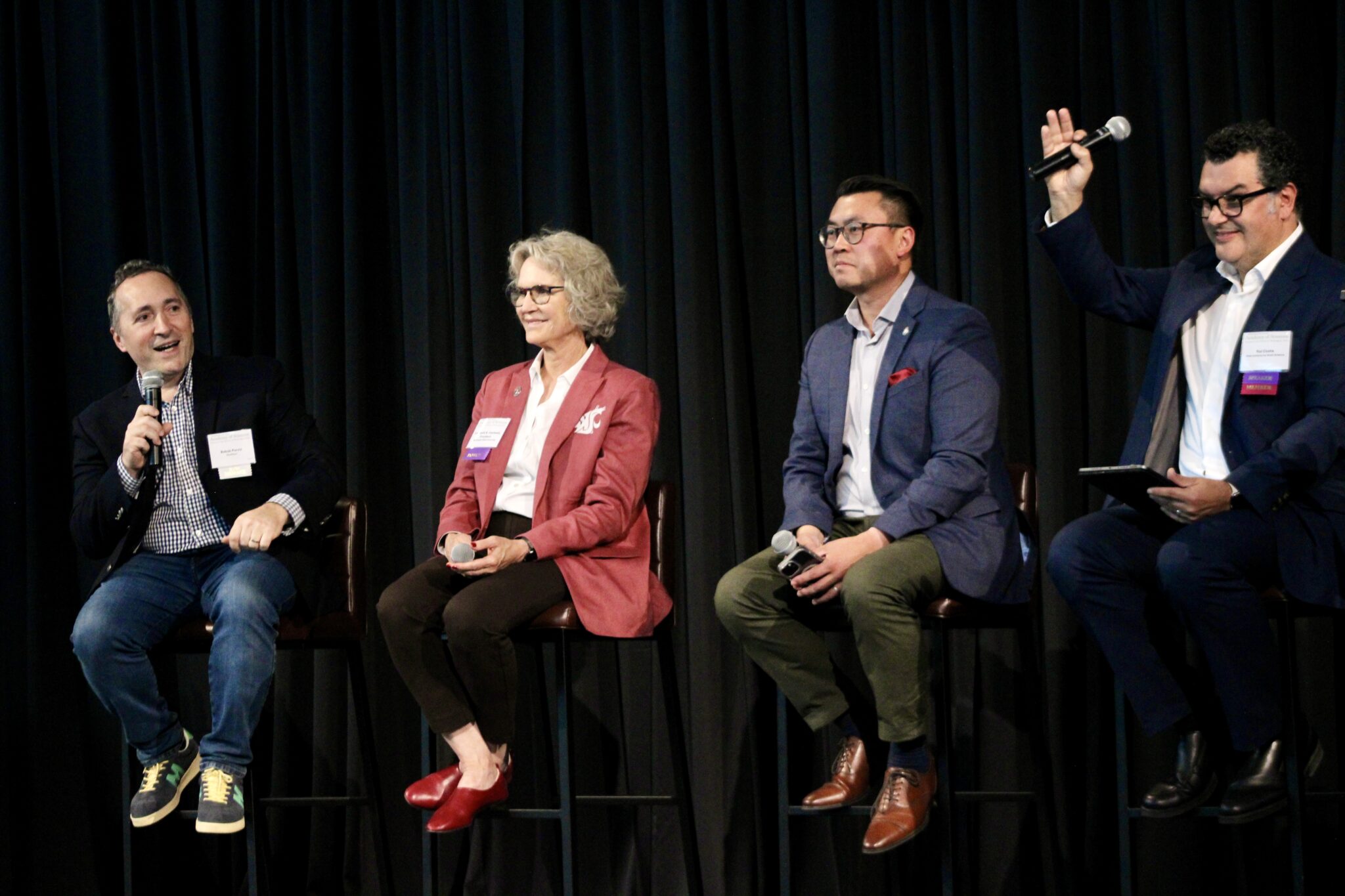
The Washington State Academy of Sciences (WSAS) is pleased to announce 29 new members in recognition of their outstanding record of scientific and technical achievement and willingness to work on behalf of the Academy to bring the best available science to bear on issues within the state of Washington. This larger than average class size reflects the election of 16 new members and a re-doubling of WSAS’s efforts to invite members of the National Academies of Sciences, Engineering, and Medicine living in Washington State to serve as members of our Academy. The total number of members is now 286. New members will be inducted into WSAS following the 11th Annual Meeting and Symposium at the Seattle Museum of Flight on September 13, 2018.
In addition, one Officer and three Board members were elected by the Membership.
Individuals directly elected by the WSAS membership:
- Michael B. Bragg, Frank & Julie Jungers Dean of Engineering, Professor of Aeronautics and Astronautics, College of Engineering, University of Washington
Dr. Bragg’s primary areas of research are aircraft icing and unsteady aerodynamics. He has directed millions of dollars in externally funded research from NASA, FAA, DoD and several aerospace companies, including the U.S./France international collaboration on aircraft icing aerodynamics.
- John A. Browse, Professor of Biochemistry and Plant Sciences, Washington State University
Dr. Browse has made sustained and ground-breaking discoveries over the course of his 40 years as a plant lipid biochemist. He is internationally recognized for developing creative approaches to identify and characterize genes that control the biosynthesis of membrane and storage lipids.
- R. Morris Bullock, Laboratory Fellow and Director, Center for Molecular Electrocatalysis, PNNL
Dr. Bullock is internationally recognized for his contributions to fundamental research in the design of molecular electrocatalysts and the reactivity of transition metal hydride complexes, which are key intermediates in many industrially important catalytic reactions.
- Dimitri A. Christakis, George Adkins Professor of Pediatrics, University of Washington
Dr. Christakis is an international leader in how early experiences affect children’s cognitive, social, and emotional development. He has authored over 200 peer-reviewed publications including seminal ones related to the effects of early exposure to media and children’s cognitive development.
- David S. Ginger, Jr., Alvin L. and Verla R. Kwiram Professor of Chemistry, University of Washington
Dr. Ginger pioneered the application of scanning probe and multimodal microscopy to study the optoelectronic properties of thin film semiconductor materials including organic semiconductors, quantum dots, and halide perovskites.
- J. David Hawkins, Professor Emeritus, University of Washington
Dr. Hawkins research focuses on understanding and preventing child and adolescent behavioral health problems. He pioneered the identification of risk and protective factors for these problems across multiple structural and socialization domains and developing and trialing preventive interventions targeted at these predictors.
- Timothy Alan Kohler, Regents Professor, Dept. of Anthropology, Washington State University
Dr. Kohler is an eminent archaeologist and evolutionary anthropologist specializing in quantitative analyses of prehistoric behavior set in climatically accurate paleoenvironments. He is well known for his work on cooperative behaviors, on wealth inequalities and their consequences, and for models of pre-Hispanic agricultural productivity at high spatial and temporal resolution in the U.S. Southwest.
- Yuehe Lin, Professor, Washington State University and Laboratory Fellow, Pacific Northwest National Laboratory
Dr. Lin is recognized for his leadership and contributions to the fields of bioengineering and biomedical nanotechnology. He is a leader in the development of nanomaterials, BioMEMS and nanobioelectronic devices for disease diagnosis and drug delivery.
- Suzie Pun, Professor of Bioengineering, University of Washington
Dr. Pun’s research work in biomaterials has resulted in 11 issued patents and over 115 peer-reviewed manuscripts. She is one of the co-inventors of a polymer delivery system that was the first targeted siRNA delivery system tested in human clinical trials and also used in several Phase I/Phase II human clinical trials anti-cancer drug delivery.
- Brian E. Saelens, Professor of Pediatrics and of Psychiatry and Behavioral Sciences, University of Washington
Dr. Saelens’ research interests include pediatric obesity treatment and prevention. His work examines strategies to improve the efficacy and reach of family-based weight management interventions for youth with already elevated weight status.
- Daniel Schindler, Professor, School of Aquatic and Fishery Sciences, University of Washington
Dr. Schindler’s research has changed the way ecologists think of the meta-population concept, particularly with respect of Pacific salmon, and its implications for sustainability. His research has contributed substantially to understanding linkages between salmon population ecology and demography, and natural as well as anthropogenic impacts.
- Hilaire Thompson, Joanne Montgomery Endowed Professor, Biobehavioral Nursing and Health Informatics, University of Washington
Dr. Thompson’s area of research focuses on developing knowledge and implementing evidence-based practice related to prevention, treatment and rehabilitation of older adults with traumatic brain injury (TBI). Her work has been influential in clinical care provision and policy development for TBI treatment and prevention in several countries.
- Hans P.A. Van Dongen, Professor of Medicine; Director, Sleep and Performance Research Center, Washington State University, Elson S. Floyd College of Medicine
Dr. Van Dongen is one of the preeminent sleep researchers in the world and has built a state-of-the-art, internationally known facility from the ground up. The vast breadth of his work has had both immediate public health impact and has elucidated the physiology of sleep and its influence on human performance.
- James Robert Winton, Senior Scientist Emeritus, U.S. Geological Survey, Western Fisheries Research Center
At USGS, Dr. Winton headed a team consisting of more than 25 scientists, technicians, post-doctoral researchers, graduate students and visiting scientists working to understand and control diseases in aquatic animals and the impact of anthropogenic stressors such as aquaculture, contaminants and climate change on the health of wild fish.
- Sotiris Xantheas, Laboratory Fellow, PNNL and Affiliate Professor of Chemistry, UW-PNNL Distinguished Faculty Fellow
Dr. Xantheas is renowned for his physical chemistry research involving the nature of intermolecular interactions in aqueous clusters and liquid water/ice. He has served the scientific community through participation in Department of Energy and National Science Foundation workshops and advisory committees, where he has focused on computation’s role in addressing topics such as advanced materials, catalysis, and carbon management.
- Gary Yang, Founder and CEO, UniEnergy Technologies
Dr. Yang has made significant contributions to the development and commercialization of energy storage technologies and has exhibited exceptional leadership to create and promote a clean energy and manufacturing industry in Washington State and nationwide.
Individuals elected by virtue of their election into the United States National Academies — National Academy of Sciences (NAS), National Academy of Engineering (NAE), and National Academy of Medicine (NAM):
- Bill Anders, Founder, Heritage Flight Museum, former Chairman and CEO, General Dynamics, and former NASA Astronaut; NAE
Dr. Anders was elected to NAE in 1984 by virtue of his contributions to nuclear engineering, space exploration and research, and the development of national nuclear, aeronautical, and space policy.
- Michael Bevan, Professor Emeritus, University of Washington; NAS
Dr. Bevan was elected to NAS in 2008 for his contributions to the field of immunology where his research focuses on the development of T lymphocytes in the thymus and the response of mature T cells to pathogens.
- Linda Buck, Fred Hutchison Cancer Research Center; NAS
Dr. Buck was elected to NAS in 2003 for her research investigating the mechanisms that underlie perception. In 2004, she was a recipient of the Nobel Prize in Physiology or Medicine for her discovery of odorant receptors and the organization of the olfactory system.
- Xiangli Chen, General Electric; NAE
Dr. Chen was elected to NAE in 2017 for pioneering work in optical sensing and precision laser processing, and for leadership in globalizing industrial research and development.
- Michael Goodchild, Professor Emeritus, University of California at Santa Barbara; NAS
Dr. Goodchild was elected to NAS in 2002 for his research contributions to the understanding of geographic information and fundamental problems of measurement, description, and analysis of phenomena on the surface of Earth.
- Benjamin Hall, Professor Emeritus, University of Washington; NAS
Dr. Hall was elected to NAS in 2014 for his research on molecular systematics of fungi and of flowering plants, initially using the sequences of moderately conserved proteins of the transcription apparatus as an evolutionary metric. He decoded the genome of the Rhododendron species R. williamsianum.
- Steven Henikoff, Fred Hutchison Cancer Research Center; NAS
Dr. Henikoff was elected to NAS in 2005 for his contributions to biotechnology tools such as techniques for deciphering the function of protein sequences by using the power of computers.
- Eric Holland, Fred Hutchison Cancer Research Center; NAM
Dr. Holland was elected to NAM in 2009 for his research studying the biology of gliomas using genetically accurate mouse models, the way that they respond to current therapy, and the development of new methods for treating them.
- David Lomet, Microsoft Research; NAE
Dr. Lomet was elected to NAE in 2018 by virtue of his contributions to high-performance database systems.
- Daniel Masys, Affiliate Professor, University of Washington; NAM
Dr. Masys was elected to NAM in 2001 for his research on the development of informatics infrastructure for conducting clinical and translational research, and genome-phenome correlation using phenotype data derived from electronic medical records data.
- Lynne Riddiford, Professor Emerita, University of Washington; NAS
Dr. Raddiford was elected to NAS in 2010 for significant contributions to the field of developmental biology. Her research investigated the control of molting and metamorphosis in insects by the steroid hormone ecdysone and the sesquiterpenoid juvenile hormone.
- Jane Sisk, Affiliate Professor, University of Washington, NAM
Dr. Sisk was elected to NAM in 2001 for her contributions to understanding interventions to improve the quality of health care for and to reduce disparities among certain subgroups.
- George Todaro, Targeted Growth, Inc.; NAS
Dr. Todaro was elected to NAS in 1986 for his work in the field of medical genetics and was the co-formulator of the oncogene hypothesis.
2018-19 Officers & Board Members elected by the WSAS membership:
- Treasurer – Cathryn Booth-LaForce, Professor, Family and Child Nursing, University of Washington
Dr. Booth-LaForce has been elected to serve as Treasurer for a second term. Her research focuses on the social-emotional development of children, primarily from the perspective of attachment theory.
- Board Member – Dianne Chong, Vice President, Engineering, Operations & Technology (retired), Boeing
Dr. Chong’s work at Boeing focused on special projects that impacted processes and program integration for the Boeing Enterprise.
- Board Member – John Roll, Professor and Vice Dean for Research, Elson S. Floyd College of Medicine, Washington State University
Dr. Roll’s research has focused on human behavioral pharmacology, the development and refinement of behavioral interventions for addiction and other psychiatric disorders, as well as technology transfer issues.
- Board Member – Michael (Mick) Smerdon, Regents Professor of Biochemistry and Biophysics, Washington State University
Dr. Smerdon has been elected to the Board for a second term. His research focuses on DNA damage and repair in eukaryotes, Chromatin structure and function, and cancer prevention and treatment.
Related Posts
January 23, 2026
A new initiative from the Washington State Academy of Sciences called Growing with AI will bring together the state’s tech giants and diverse farming community to tackle pressing challenges in the agriculture industry.
October 28, 2025
WAJAS is a WSAS program recognizing exceptional high school students from across the state for outstanding original scientific research and offering opportunities to connect with the research community in Washington and beyond. Fellows were publicly honored alongside Washington's top researchers at the WSAS 20th Anniversary Celebration on October 7.
October 14, 2025
Amid political polarization and uncertain federal research policy, Washington leaders are betting on stability through a unique innovation ecosystem rooted in the state’s institutions and businesses. That was a theme at the 20th anniversary celebration of the Washington State Academy of Sciences, held Tuesday evening at Seattle’s Museum of Flight.


